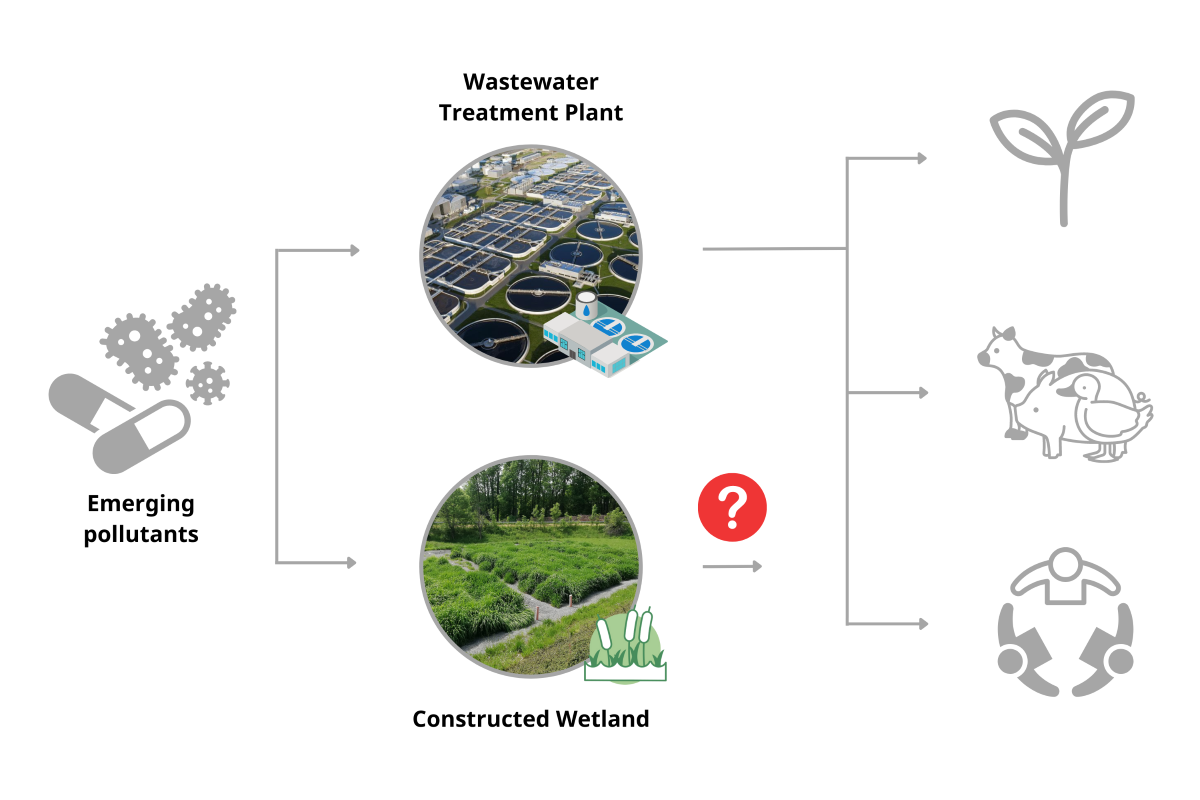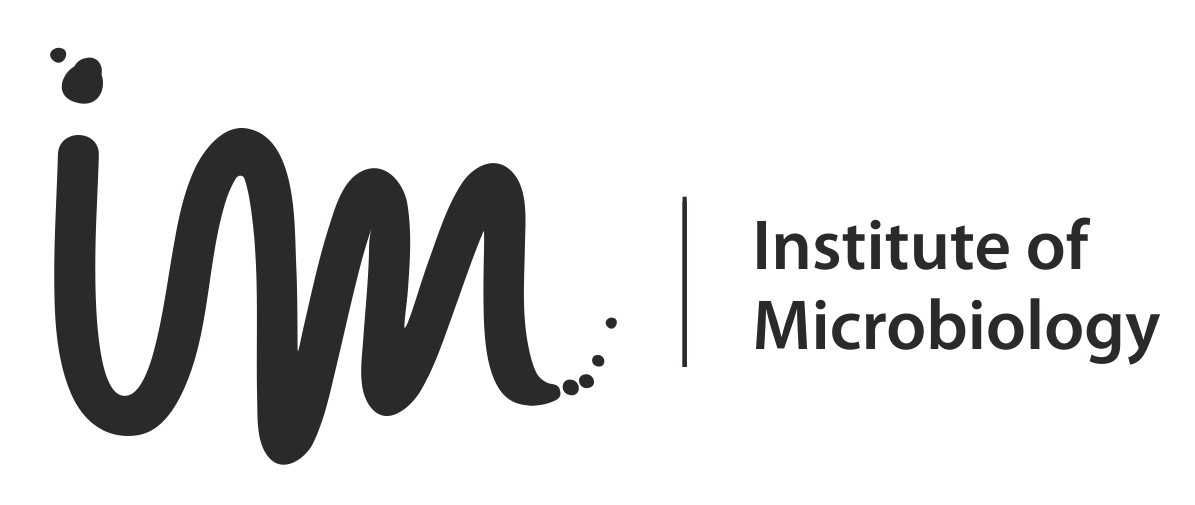Antibiotics and the microbiome

25 05 2023
Category: IM Seminar
You are invited to the institute seminar: on Monday 29th of May at 2 pm in room 102B, MSc Mikołaj Wołącewicz from the Department of Environmental Microbiology and Biotechnology will give a seminar entitled „Antibiotics and the microbiome – what happens in constructed wetlands?”
Abstract:
Antibiotics, as so-called emerging pollutants in the environment, represent a significant, although often marginalized, threat. Their presence can cause a selective pressure that stimulates the spread of antibiotic-resistant bacteria. Furthermore, they may promote the horizontal gene transfer of antibiotic resistance genes among microorganisms. Bacteria carrying these genes often make their way into the food chain, making them a substantial biological threat.
These issues are critical for public health and the environment, especially in the context of urban wastewater treatment plants. The ineffective removal of emerging pollutants in traditional wastewater treatment plants leads to the continuous introduction of both antibiotics and resistant bacteria into the environment.
Passive wastewater treatment systems may offer environmentally and economically beneficial solutions, but their effectiveness in removing new pollutants is disputed. An important question is whether they could become “environmental bombs,” accumulating and increasing the release of pollutants into the environment.
During my presentation, I will discuss my PhD plans to study the impact of antibiotics on the functioning of passive wastewater treatment systems, the effect of antibiotics on the survival and functions of the microbiome in these systems, and the possibility of antibiotic accumulation within them. I hope that my research will provide crucial information on antibiotic resistance in an environmental context and contribute to better protection of public health and the natural environment.
